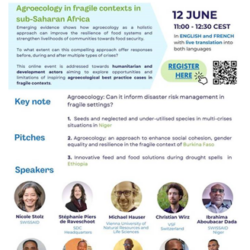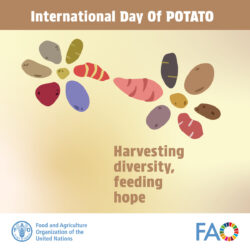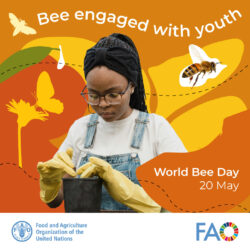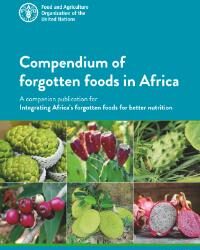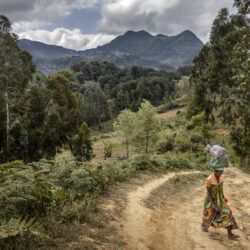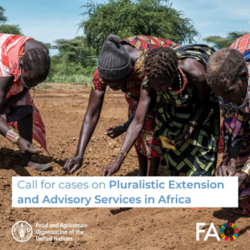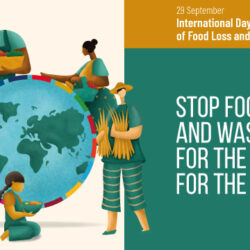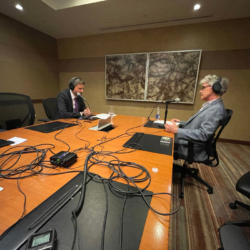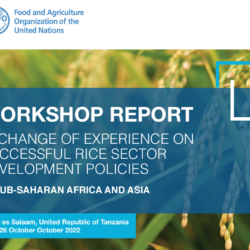Agroecology in fragile contexts in sub-Saharan Africa
Emerging evidence shows how agroecology, as a holistic approach, can improve the resilience of food systems and strengthen communities’ livelihoods towards food security. To what extent can this compelling approach offer responses before, during and after multiple types of crises? This online event is addressed towards humanitarian and development actors aiming to explore opportunities and limitations of inspiring agroecological best practice cases in fragile contexts. Date: 12 JUNE Time: 11:00

